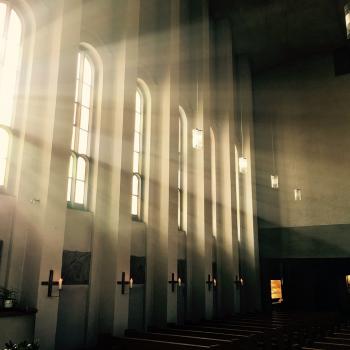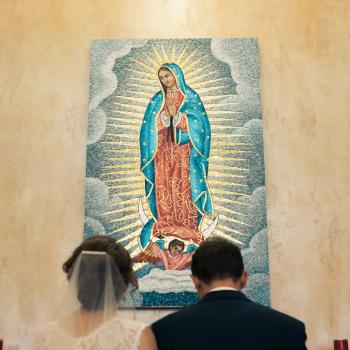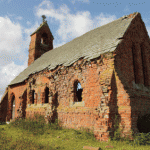It’s an interesting development that may be having a profound impact on how lay people think of the Church.
From the AP:
In recent years, clergy and lay people in the United States have increasingly turned to the church’s internal legal system to challenge a bishop’s or pastor’s decision about even the most workaday issues in Catholic life, according to canon lawyers in academia, dioceses and in private practice. Sometimes, the challengers even win.
In one example cited by veteran canon lawyers, parishioners wanted to bar musical performances in their church that weren’t liturgical. Their priest had been renting space to a local band. In another case, a nun filed a petition after a religious superior disclosed the nun’s medical information to others – a potential violation of privacy. Regarding bishops’ often contentious decisions to close parishes, the liberal reform group FutureChurch posts a guide on its website called “Canonical Appeals for Dummies” on seeking Vatican intervention to stay open.
The reasons for the uptick are complex and reach back decades, involving changes in the church and broader society. Canon lawyers say the American concern for individual freedoms likely has played a role. So has the explosion of information on the Internet. But the change is also an unexpected consequence of the clergy molestation crisis, with the scandal exerting an influence far beyond cases that directly involve abusers.
“The focus on canon law and penal procedures in the case of sexual misconduct has made people aware that the church has a law system, it can work and people can take advantage of it,” said Michael Ritty, founder of Canon Law Professionals, a private practice in Feura Bush, N.Y. “For so long, especially in the United States, many of the lay people did not speak up and did not know how to speak up, and many people in the hierarchy did not know how to accept things when people did speak up. I think that is changing.”
No one knows the exact number of formal petitions before tribunals or agencies at the Vatican, or before church officials in the U.S. or in any country. The cases are guarded by pontifical secrecy, which bars advocates, judges and other parties from revealing details of the proceedings.
Still, U.S. canon lawyers say they have seen more widespread use of church law to resolve disputes.











